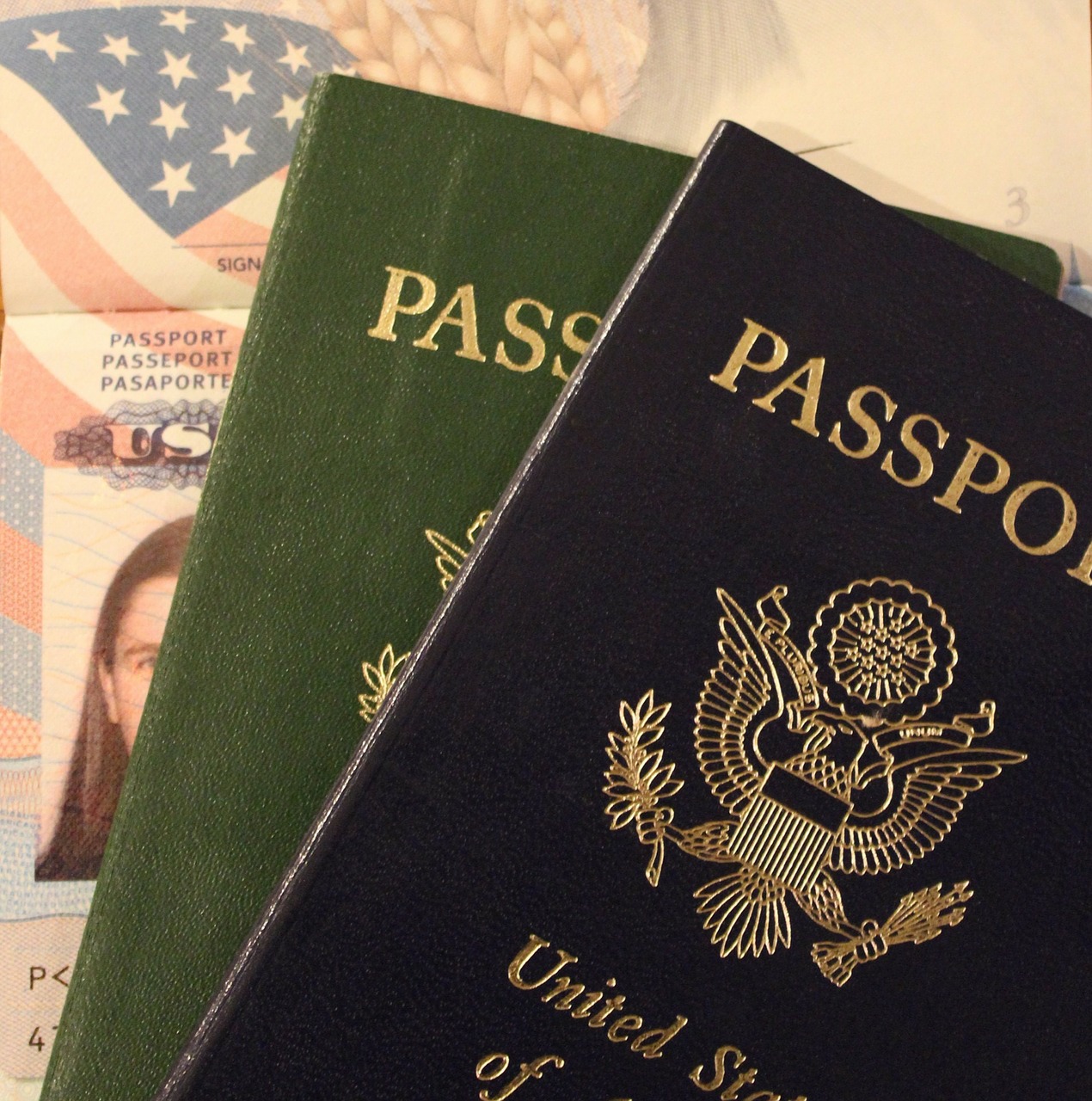
The new wave of Moroccan immigrants in Spain, is young and better prepared
16 June 2012 The “new wave” of Moroccan immigrants arriving in Spain and in the rest of Europe are mostly young, most of them from upper-middle class, and with better qualifications, explained Douglas Massey, a demographer at Princeton University, USA. Massey, a professor in the Department of Sociology at Princeton and speaker of a seminar…



